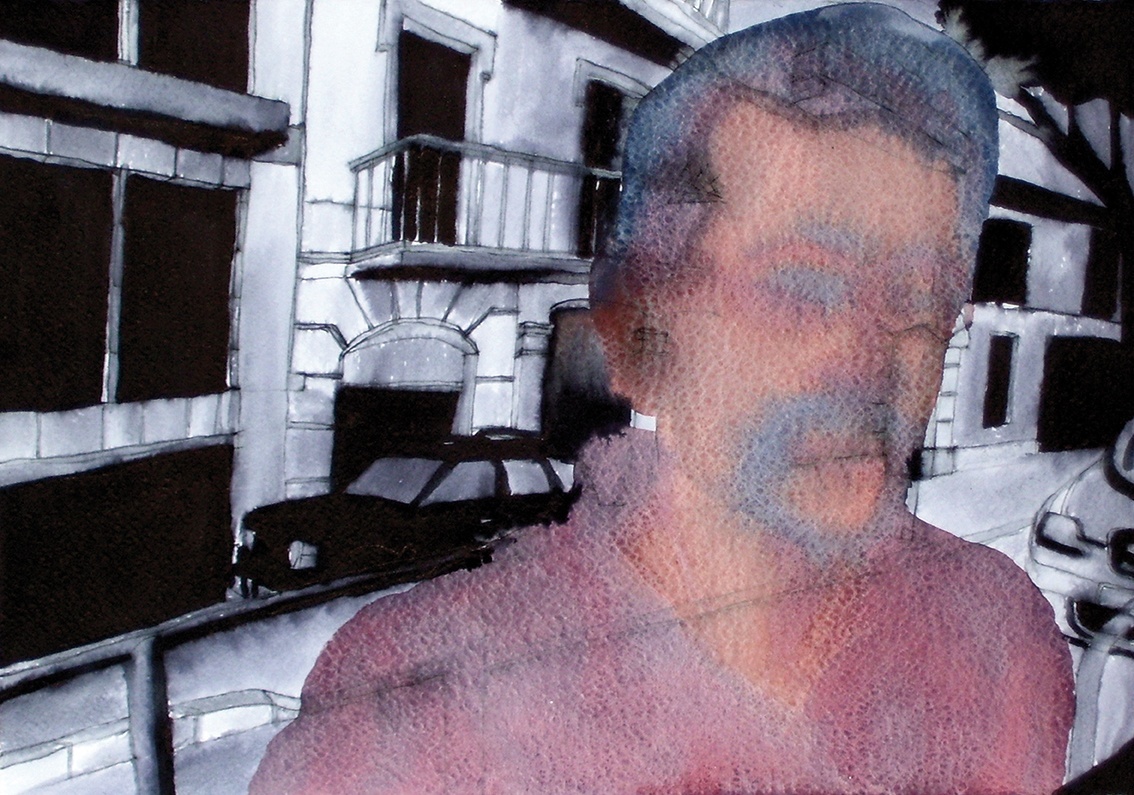this is also why anarcho punk and punk today in general is bourgeois. not because of an enemy class colonising it, although that does factor into it, and not because the politics have been recuperated (although again, that does factor into it.) It's because the infrastructure for music to indicate totemic and seismic changes in consciousness no longer applies. I find that the curse of UK drill. it's from youtube views to pop sensation. there is no infrastructure to move the discourse forward, it's purely quantitative. that's also why it won't be able to break the song form. whereas grime did have that infrastructure as it was at the tail end of internet 1.0.. This is also why i can't do drill outside the disinterested scholar really. It's not my experience but in grime that wasn't an issue 1) because of its disappearing london centricity and 2) because of its abstraction. whereas drill is the most compartmentalised postcode music. I think that's a shit trend in all honesty. It's a bit like those cities in China being reflected in music where we'll all be fucked off to the suburbs and will have to commute to work in the smog and filth where london becomes this city of plastic personalities and insidious advertising never getting out of your face. And one must of course never fail to mention that all advertising as a product of abstract labour contains the embryos of fascism in it. Goebbels was into Edward Bernays for a reason.
Last edited:

